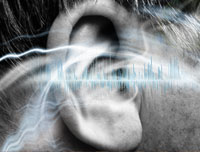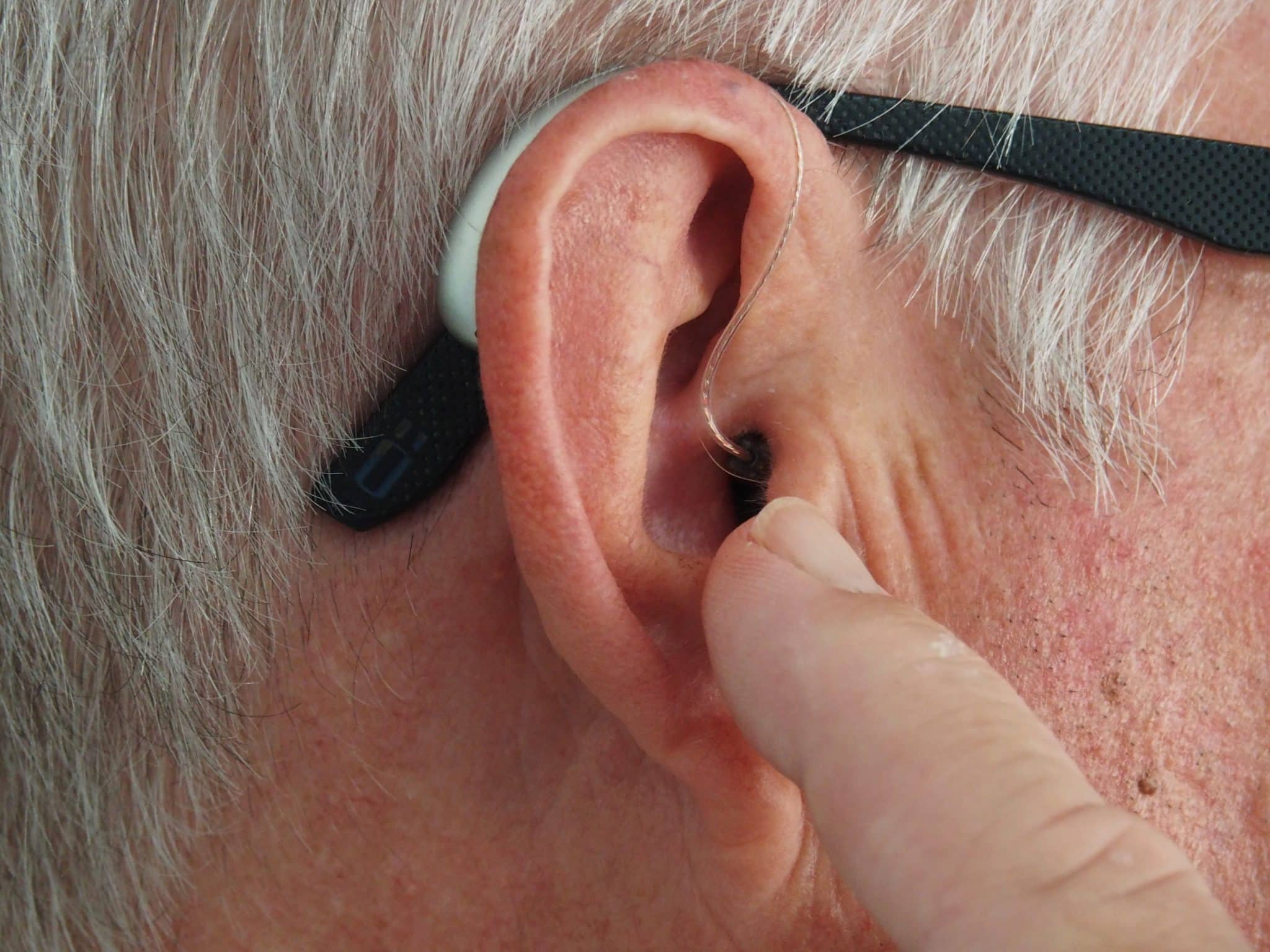
Have you ever been to a loud concert? When you finally made it back to your quiet home, did you suddenly realize there was an annoying ringing sound in your ears? It's almost like your ears take on a beastly form of their own? That’s
Tinnitus. In many cases it fades away after a few hours or days (a temporary form of
hearing loss), however for a lot of people, it can become a permanent and serious condition.
Tinnitus: that perforating ringing sound
Tinnitus is a ringing or swishing sound in the ear or head that appears in the absence of any external sounds; only the affected person can “hear it”. The chronic version of Tinnitus affects roughly 35Mn people in the US and one in five people between 55 and 65 claim to have it. Since it usually is a subjective phenomenon, it is difficult to measure using objective tests, like audiometry. Therefore, it is clinically often rated on a simple scale from "slight" to "catastrophic", based on how it affects a person’s normal daily activities, including sleep.
The pathological causes of Tinnitus are still not entirely understood. When the hair cells in the cochlea become damaged (for instance during exposure to loud sounds), information might be relayed to the brain that an externally audible sound is present when it is not. Some studies attribute Tinnitus to disorders within the auditory nerve, where certain nerve cells tend to continuously be overexcited.
What are far better understood are the common causes for Tinnitus:
- Exposure to loud sounds, especially repeatedly
- Infection or disease in the middle ear (3 tiny bones or the ear drum)
- Impairment of the hair cells due to normal hearing loss that comes with ageing
- Excessive stress levels that affect/weaken the overall nervous system
- Meniere’s disease
- Certain ototoxic medications, like for instance Aspirin
- Very rarely, Tinnitus can be an indicator of a more serious condition, like a brain aneurysm or nerve tumor
Prevention is the best medicine against Tinnitus
If you feel like you have a continuous form of Tinnitus, contact your doctor for an assessment and further directions. Currently, there is no “silver bullet” cure for Tinnitus, even though various studies have shown some results with drugs, surgery or neural and external sound simulators (often achieved with “white noise” generators).
The best way of addressing Tinnitus is not having to deal with it in the first place. Keep in mind the following preventive measures:
- Reduce your intake of alcohol and nerve stimulants (e.g. caffeine), as well as other day-to-day otoxic substances like Nicotine.
- Be mindful of loud everyday noises: from the blow dryer to the lawnmower. If other people around you can hear you listening to music from your iPod, you should probably reduce the volume.
- When heading to that loud concert, club or performance, treat your ears with earplugs.
- Take precaution if you have a noisy work environment; use earplugs or earmuffs when necessary.
- Pay attention to your nutrition; control your blood pressure and decrease your salt intake. There is a clear correlation between Tinnitus and obesity and its related cardiovascular problems.
- Reduce your stress and anxiety levels and get an adequate amount of rest.
- Do not use cotton swabs to clean your ears as you can damage your eadrums and trigger Tinnitus. If you feel that you have excessive ear wax build up, consult your doctor.
Keep your hearing healthy; it will help you tame the Tinnitus beast in the future. To learn more about hearing and
hearing loss, see our Guide to Hearing section.
Sources: Audicus Hearing Aids, Medicinenet, Wikipedia, AARP,
Photo by: Adrian Muttitt/Alamy
by Patrick Freuler
 Have you ever been to a loud concert? When you finally made it back to your quiet home, did you suddenly realize there was an annoying ringing sound in your ears? It's almost like your ears take on a beastly form of their own? That’s Tinnitus. In many cases it fades away after a few hours or days (a temporary form of hearing loss), however for a lot of people, it can become a permanent and serious condition.
Have you ever been to a loud concert? When you finally made it back to your quiet home, did you suddenly realize there was an annoying ringing sound in your ears? It's almost like your ears take on a beastly form of their own? That’s Tinnitus. In many cases it fades away after a few hours or days (a temporary form of hearing loss), however for a lot of people, it can become a permanent and serious condition.




